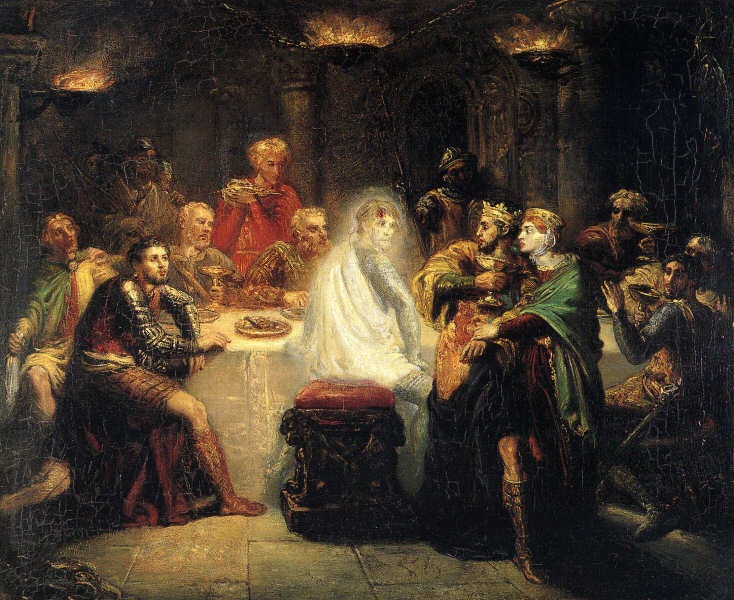Timeless & Timely Links - April 25, 2025

Hello and welcome to the subscribers-only edition of Timeless & Timely.
Each week, I share some additional thoughts on a topic of relevance and some links that caught my attention, including recommendations for listening, watching, or reading.
You can get access to the full edition by becoming a member of the Ampersand Guild.
“Most of us admire strength. It’s something we tend to respect in others, desire for ourselves, and wish for our children. Sometimes, though, I wonder if we confuse strength with other words—like aggression and even violence. Real strength is neither male nor female; but it is, quite simply, one of the finest characteristics that any human being can possess.”
— Fred Rogers
The three most humbling words a leader can say are: “I was wrong.”
It might seem disempowering to admit we don’t know everything. But that’s part of leadership. We’re human and we’re not always correct.
There’s a myth that leaders are supposed to seem tough, confident, and infallible—almost superhuman at times—and never admit a failure.
But even the strongest heroes can be vulnerable. Achilles’ had his heel. Superman had kryptonite.
There’s a remarkable thing about this, though: when we discover these character flaws, it doesn’t sour us on our heroes or make us turn our noses up in disgust. On the contrary, these weaknesses make us more sympathetic to them.
Our admiration grows because we realize they’re willing to assume responsibilities that no one else will, despite those flaws.
“When we were children, we used to think that when we were grown-up we would no longer be vulnerable. But to grow up is to accept vulnerability... To be alive is to be vulnerable.”
— Madeline L’Engle, 1980
It's okay to say "I don't know." Or "I need help." That's not a weakness—it's a strength.
Why does vulnerability signify strength? For one, it shows our honest efforts to improve, as we admit mistakes and look for input to move forward.
More importantly, being vulnerable shows courage and curiosity, which are admirable traits. Traits that signify we're open to building relationships with others rather than living in our own bubble.
Vulnerability is at the intersection of truth and humility.
To be vulnerable is to be honest and to discard your arrogance.



